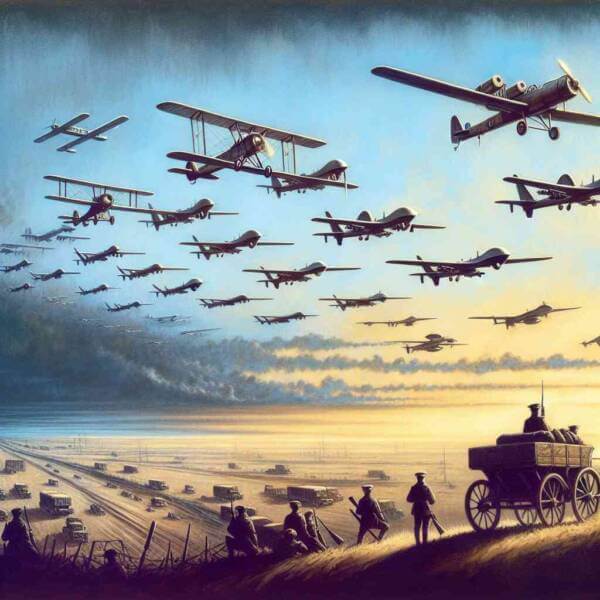The Evolution of Military Air Power
The Evolution of Military Air Power
Blog Article

The use of aircraft in military operations offers superior capabilities.
Nations invest heavily in military aviation to maintain superiority.
The Evolution of Military Aviation
Military aviation started during the dawn of aerial warfare, with aircraft initially used for spying on enemy movements.
Key developments over time:
- Development of air combat tactics
- Massive growth in air power
- Rapid development of jet technology
- Remote operations changing the face of conflict
Each era brought innovative strategies that expanded aerial warfare.
Different Roles of Military Planes
Understanding the types of military aircraft helps in appreciating the complexity of modern air forces.
Major aircraft classifications:
- Aircraft designed for air-to-air combat
- Aircraft for long-range attacks
- Transport aircraft
- Reconnaissance and surveillance drones
Each type plays a key part in military operations, from supporting ground forces.
Why Control of the Skies Matters
Controlling the skies gives forces the advantage.
Strategic advantages of air dominance:
- Providing close air support
- Disrupting enemy supply lines
- Gathering critical intelligence
- Boosting morale
Nations with strong military aviation capabilities can control conflicts.
The Next Generation of Military Aircraft
Military aviation is at the forefront of engineering breakthroughs.
Future technologies in military aviation:
- Aircraft designed to evade radar detection
- Ultra-fast strike capabilities
- Unmanned aircraft operating independently
- Directed energy weapons
These advancements enhance lethality for air forces worldwide.
Challenges in Military Aviation
From high costs to geopolitical tensions, the road to air dominance is filled with hurdles.
Pressing issues in military aviation:
- Expensive research and operations
- Short life cycles for cutting-edge aircraft
- Cybersecurity threats
- New debates about AI in warfare
Addressing military aviation these challenges is essential for maintaining air power.
Where Military Aviation is Heading
Nations will continue investing in space-based systems to maintain strategic advantages.
Likely developments:
- Greater integration of artificial intelligence
- Military satellites and space-based weapons
- Reducing environmental impacts of defense operations
- Enhanced multinational cooperation
The next era of military aviation will shape the future of global security.
The Enduring Power of Military Air Forces
Military aviation remains a decisive factor in global defense.
As technology continues to evolve, the skies will remain a frontline of innovation where military aviation protects nations.
The future of military aviation is full of potential — and it’s only just beginning. Report this page